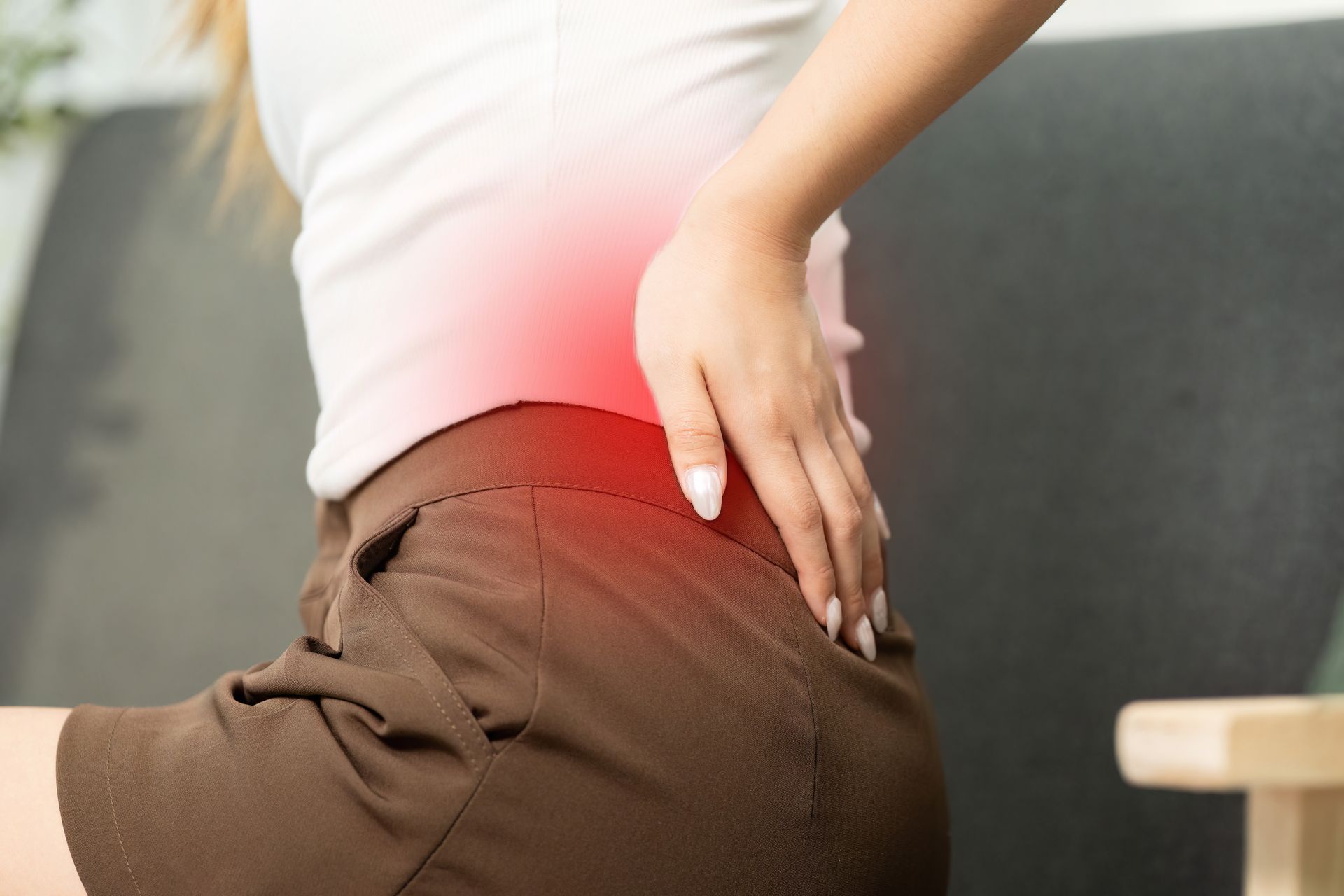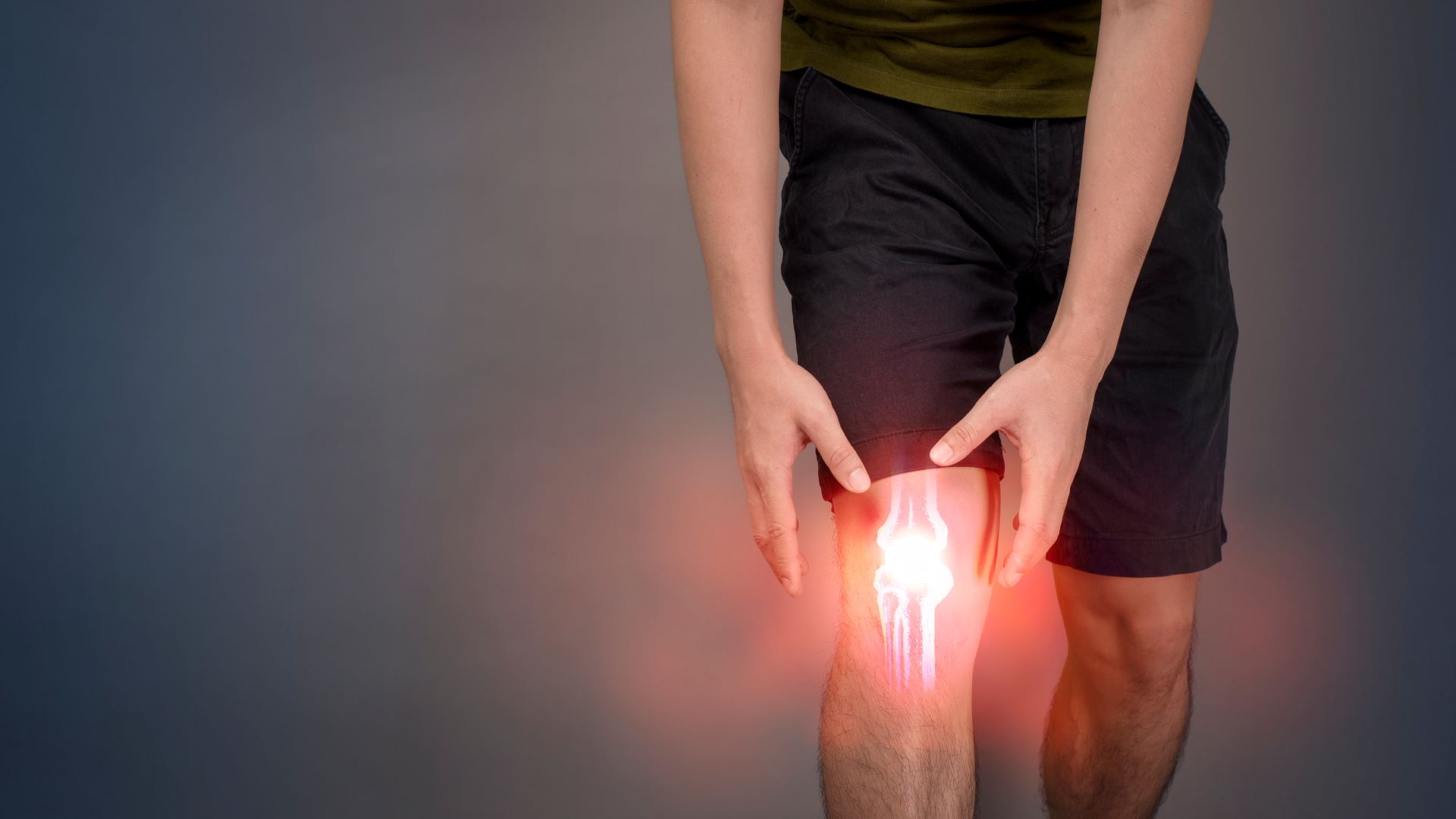Laser Therapy in Sports Injury Recovery
Athletes at every level, from weekend warriors to professionals, face the risk of injury as they push their bodies to achieve peak performance. Rapid and effective recovery is essential not only for returning to play but also for maintaining long-term joint and muscle health.
As advances in sports medicine continue, laser therapy has emerged as a popular, non-invasive treatment option for common athletic injuries such as plantar fasciitis and tendonitis. At Chronic Care of Richmond, we’re dedicated to exploring innovative therapies that support our patients’ active lifestyles and promote optimal healing.
The Growing Role of Laser Therapy in Sports Medicine
Sports medicine is a multidisciplinary field, focused on injury prevention, treatment, and rehabilitation. Traditionally, athletes have relied on a combination of rest, physical therapy, and medication to manage pain and inflammation. In recent years, however, laser therapy—also known as low-level laser therapy (LLLT) or cold laser therapy—has gained traction as a safe and effective adjunct to conventional care.
Laser therapy uses focused light energy to penetrate the skin and underlying tissues, stimulating cellular repair and reducing inflammation. This process, called photobiomodulation, encourages the body’s natural healing mechanisms without the need for drugs or invasive procedures. Laser therapy can accelerate tissue repair and reduce pain, making it a valuable tool for athletes seeking a faster recovery timeline.
How Laser Therapy Works for Athletic Injuries
When an athlete sustains an injury—such as plantar fasciitis (inflammation of the tissue on the bottom of the foot) or tendonitis (inflammation of the tendons)—the affected area typically experiences swelling, pain, and limited mobility. Laser therapy delivers specific wavelengths of light that are absorbed by the mitochondria in the body’s cells. This stimulates increased production of adenosine triphosphate (ATP), the energy currency of the cell, which in turn accelerates tissue repair processes.
The key benefits of laser therapy in sports injury recovery include:
- Reduced inflammation: Laser therapy can decrease the inflammatory response, leading to less swelling and discomfort.
- Pain relief: By modulating nerve activity and promoting endorphin release, laser therapy often provides rapid relief from pain.
- Accelerated healing: Enhanced cellular activity supports faster regeneration of damaged tissues, allowing athletes to return to activity sooner.
Laser Therapy for Plantar Fasciitis and Tendonitis
Plantar fasciitis and tendonitis are two of the most common sports injuries, especially among runners, basketball players, and athletes in high-impact sports. Both conditions involve microtears in connective tissues, resulting in pain and impaired function.
Laser therapy has been shown to be particularly beneficial for these injuries. For example, patients with plantar fasciitis experienced significant improvements in pain and function after a course of laser therapy, compared to those receiving placebo treatment. Similarly, tendonitis sufferers can benefit from reduced pain and improved mobility following regular laser therapy sessions.
Integrating Laser Therapy Into Comprehensive Sports Recovery
At Chronic Care of Richmond, we believe in a holistic approach to sports injury recovery. Laser therapy is most effective when used as part of a broader rehabilitation plan, which may include:
- Physical therapy to restore strength and flexibility
- Manual therapies such as massage or myofascial release
- Personalized exercise regimens to prevent recurrence of injury
By incorporating laser therapy into a comprehensive care program, athletes can benefit from both immediate pain relief and long-term functional improvement. Our team works closely with each patient to develop a customized recovery plan that fits their unique needs and goals.
What the Research Shows
Scientific studies continue to validate the effectiveness of laser therapy in sports medicine. Laser therapy provides significant benefits for soft tissue healing and pain reduction in musculoskeletal conditions. Another review highlighted the positive outcomes of laser therapy for acute and chronic tendon injuries, noting its ability to improve function and decrease recovery times.
Furthermore, laser therapy has a strong safety profile, with minimal risk of side effects when administered by trained professionals. This makes it an ideal option for athletes who wish to avoid the potential complications of medication or more invasive treatments.
What to Expect During a Laser Therapy Session
Patients at Chronic Care of Richmond can expect a comfortable and efficient experience during laser therapy sessions. Treatment is typically administered in a series of brief appointments, each lasting 10 to 20 minutes, depending on the size and location of the injury. Most patients describe the sensation as a gentle warmth or tingling, with no discomfort or downtime required.
Our clinicians use advanced laser devices, carefully calibrated to deliver the appropriate wavelength and intensity for each individual’s needs. Results are often noticeable after just a few sessions, with continued improvement as the treatment progresses.
Why Choose Chronic Care of Richmond for Sports Injury Recovery?
Choosing the right partner for your recovery journey is essential. At Chronic Care of Richmond, our commitment to evidence-based care, personalized treatment plans, and patient education sets us apart. We understand the challenges athletes face and strive to provide innovative solutions that promote healing, restore function, and get you back to the activities you love.
If you’re dealing with plantar fasciitis, tendonitis, or another sports-related injury, consider adding laser therapy to your recovery plan. Contact us today to schedule a consultation and discover how our team can help you achieve your goals.




